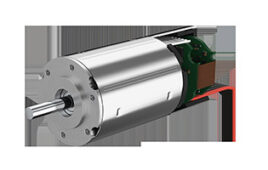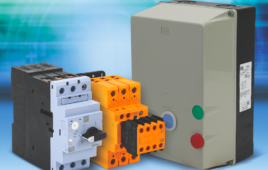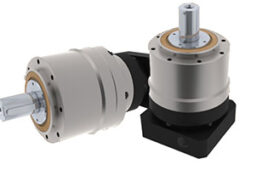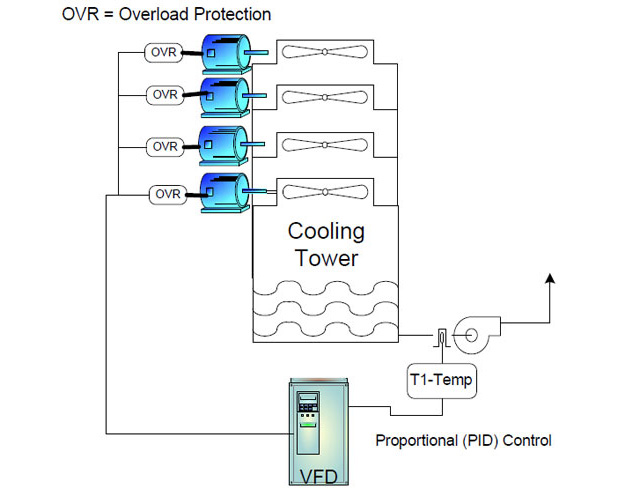Loved seeing a news item last week on the Facebook page of the Minnesota West Community & Technical College. Their Granite Falls Campus announced that its Fluid Power Technology program, a 2-year technical program, has had 100% job placement rate for the class of 2012.
“This is not uncommon for this program,” said campus dean Linda DeGriselles, “But to have all of the graduates placed in jobs at the time of graduation is exceptional. It speaks volumes for the quality of instruction, the placement assistance by the advisor, and the demand in the industry in general.”
Class of 2012 graduates found work at Dakota Fluid Power, SunSource, Brandt Automation, Catco, Venture Hydraulics, Hydrocontrol, and others.
I spoke with well-known several industry professionals, and they affirmed the idea that fluid power is an ideal field of study.
Eric Lanke, CEO of the National Fluid Power Association, said that one of the best things fluid power has going for it is the broad range of applications that it serves.
“It is used pervasively in industries as diverse as manufacturing, transportation, aerospace, construction and medical devices,” Lanke said. “Technical expertise in fluid power makes one a valuable commodity for thousands of companies in dozens of industries. The sheer number of opportunities and the resulting potential for career advancement make fluid power a wise choice for aspiring engineers.”
Kim Stelson, director of the Center for Compact and Efficient Fluid Power (and a mechanical engineering professor at the University of Minnesota), is more in tune with the engineering side of the fluid power business than in the technician training. But Stelson still sees great reasons to encourage students to get into fluid power.
“Fluid power is an ideal career for someone in mechanical engineering, because it involves all the core disciplines,” he said.
Stelson explained that each semester, he has two or three people from industry come in as guest lecturers—and they end up hungry for his graduates.
“Very few universities offer fluid power,” he said. “So if you can get this background, you will set yourself apart from other mechanical engineering graduates—and that will lead you to more opportunities.”
Dan Hohman, a partner at Bosco-Hubert & Associates, is a well-known recruiter in the fluid power arena, having been in the headhunter field for 15 years. He, too, stressed the breadth of applications for fluid power technology.
“I’ve always been impressed with the variety of industry applications that utilize some type of fluid power. Literally, almost every modern manufacturing facility you walk into today is using some form of motion control with hydraulics or pneumatics. Most forms of transportation use it. Almost all mobile equipment uses it. It’s exciting! This is an industry that never sleeps.”
Hohman said that an added perk is that there is such a broad spectrum of job opportunities—and a shortage of good talent.
“As you might expect, as a recruiter, my life is never boring.”
Filed Under: Hydraulic equipment + components, Pneumatic Tips, Motion control • motor controls




